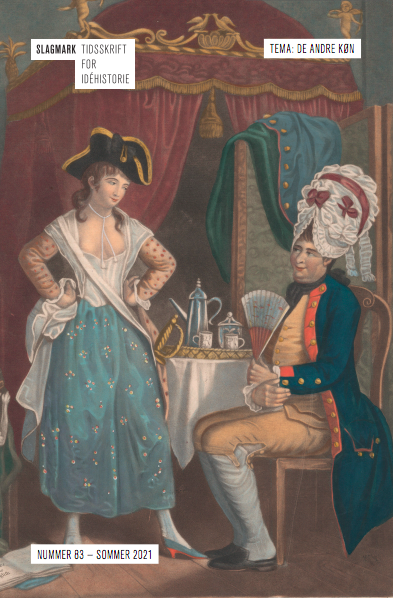Queer temporalitet: et forskningshistorisk rids
DOI:
https://doi.org/10.7146/slagmark.vi83.144214Keywords:
queer theory, temporality, social reproduction, capitalist time, performativityAbstract
This article explores the concept of queer temporality in the works of queer theorists Lee Edelman, Jack Halberstam, and José Muñoz and establishes a connection between a Marxist critique of abstract capitalist time and queer theory’s critique of the notion of future-oriented social value. Thereby, it shows how economic and social reproduction are both processes that involve a linear and progress-oriented temporality. Edelman uses the concept of reproductive futurism to criticize society’s focus on the child as the ultimate future-oriented goal and argues that queer communities must completely abandon a concept of the future because it is always already embedded in the idea of reproduction. Halberstam examines queer countercultures to find an alternative to Edelman’s anti-social stance, and Muñoz creates a concept of a queer utopia as a future of potentiality that offers hope in the present. The article points out the lack of a sense of history in these theorists’ works on queer temporality and suggests an understanding of the concept that actively incorporates the past as a relevant strengthening of queer communities.





